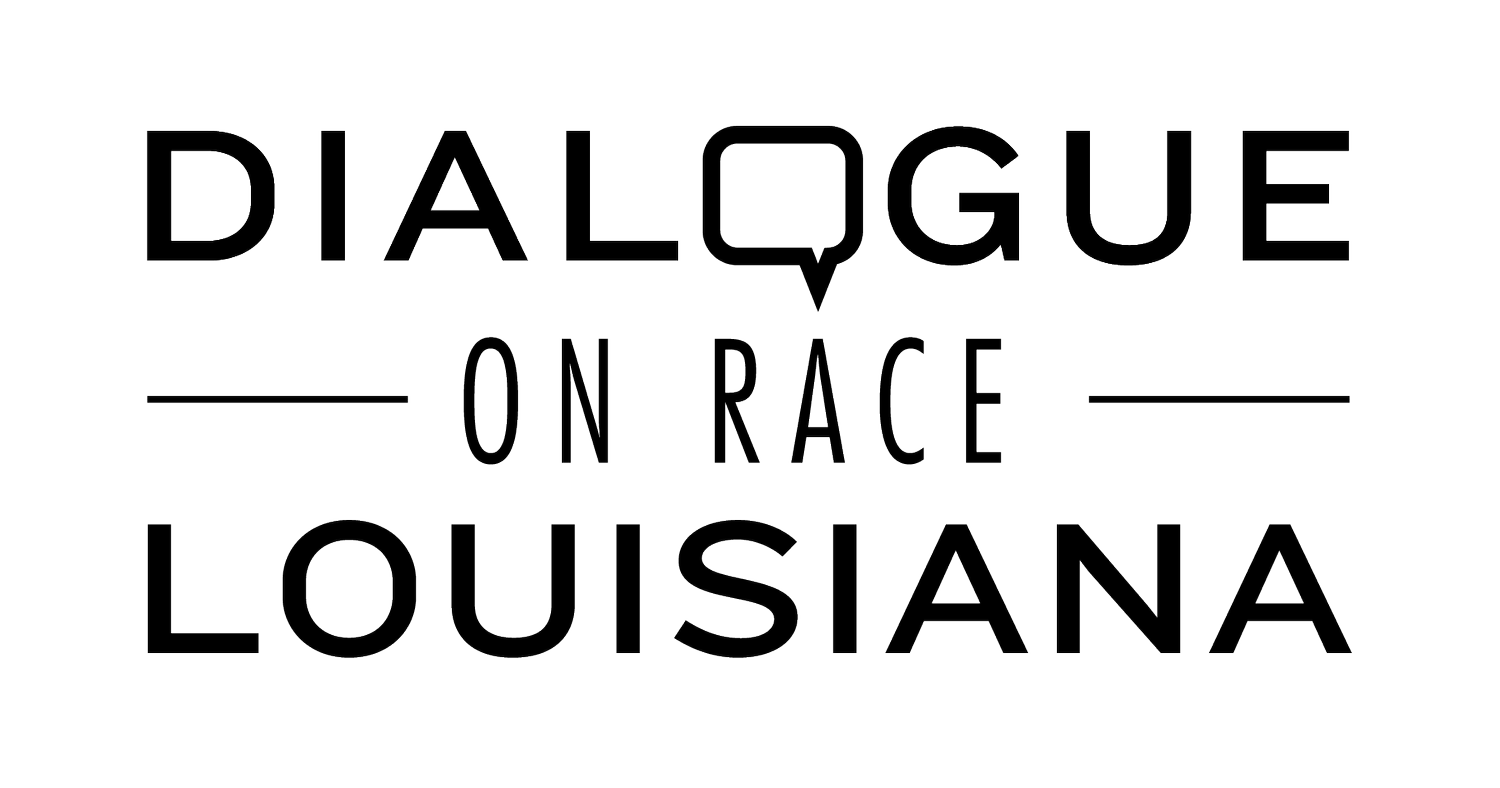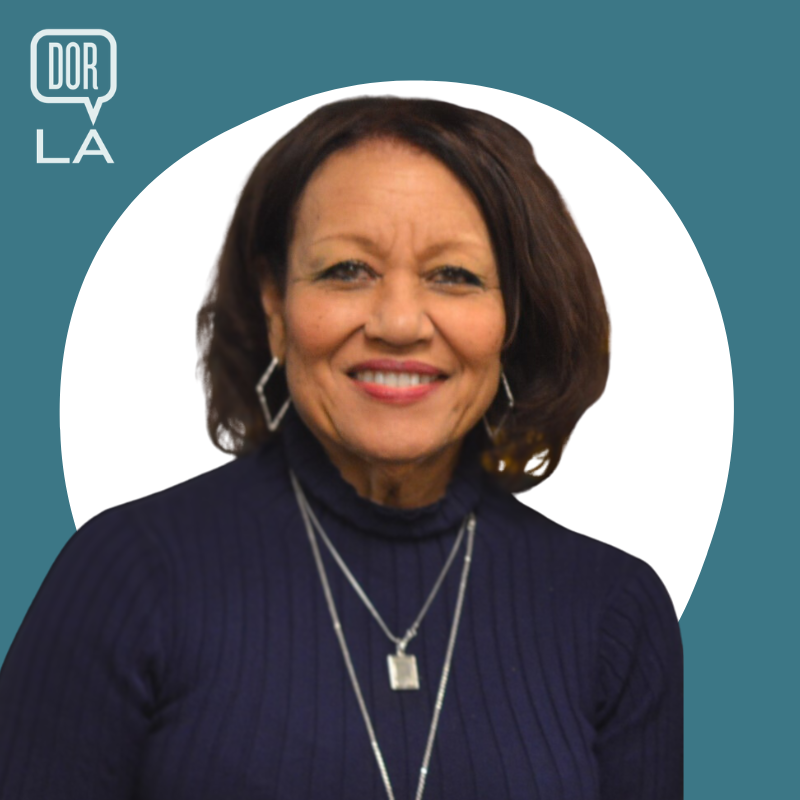What Ending Racism Looks Like
A Message from Dialogue on Race President and CEO, Maxine Crump
In conversations about race, you often hear it said, “Nothing has changed." The despondency is understandable in the face of longstanding unaddressed racial issues. It’s true. Many of the long-standing issues have not been addressed. You can’t solve a problem that has not been properly named, that has not been openly talked about, and where no effective actions have been taken.
I think there is value in counting victories along the way. I think it inspires and informs movement toward more successful changes.
One recent example of a victory is the outcome of the 2015 hashtag #OscarsSoWhite, named by activist and writer April Reign. She was referring to the fact that out of the 20 actors nominated that year, none were of Color. The Academy did the same in 2016, which by 2019 had set off a social movement. Beginning with several hundred tweets that got mainstream attention in media, print, and broadcast, which led to thousands of tweets, social media posts, and conversations.
The Academy made changes to its 51-member governing board, adding more people of color as well as more women and younger voters.
The 2018 superhero movie Black Panther, which grossed over $1 billion globally and received a nomination for best picture, was a game-changer and held deep cultural significance because of #OscarsSoWhite. 2022 saw new standards in the film industry. One new standard included a percentage of the cast, crew, and creators of production to be from underrepresented groups
This was a successful social movement started by one remarkably effective hashtag and, in less than a decade, has brought large scale movement in the high-profile film industry and The Academy of Motion Picture Arts and Sciences.
More changes are needed, and there has been no letup yet on pushing Hollywood to continue its trend toward removing racial barriers.
See what you think when you watch this year’s Oscars broadcast.
For issues around race that leave you despondent, you will find a supportive space for open and honest conversation that offers tools and language for having meaningful conversations that leave you encouraged and inspired.
We look forward to welcoming your voices to the dialogue.
Maxine Crump is the President and CEO of Dialogue on Race Louisiana. She founded Dialogue on Race Louisiana and created the Dialogue on Race Original Series and has led the growth of Dialogue on Race Louisiana into the national organization it is today.

